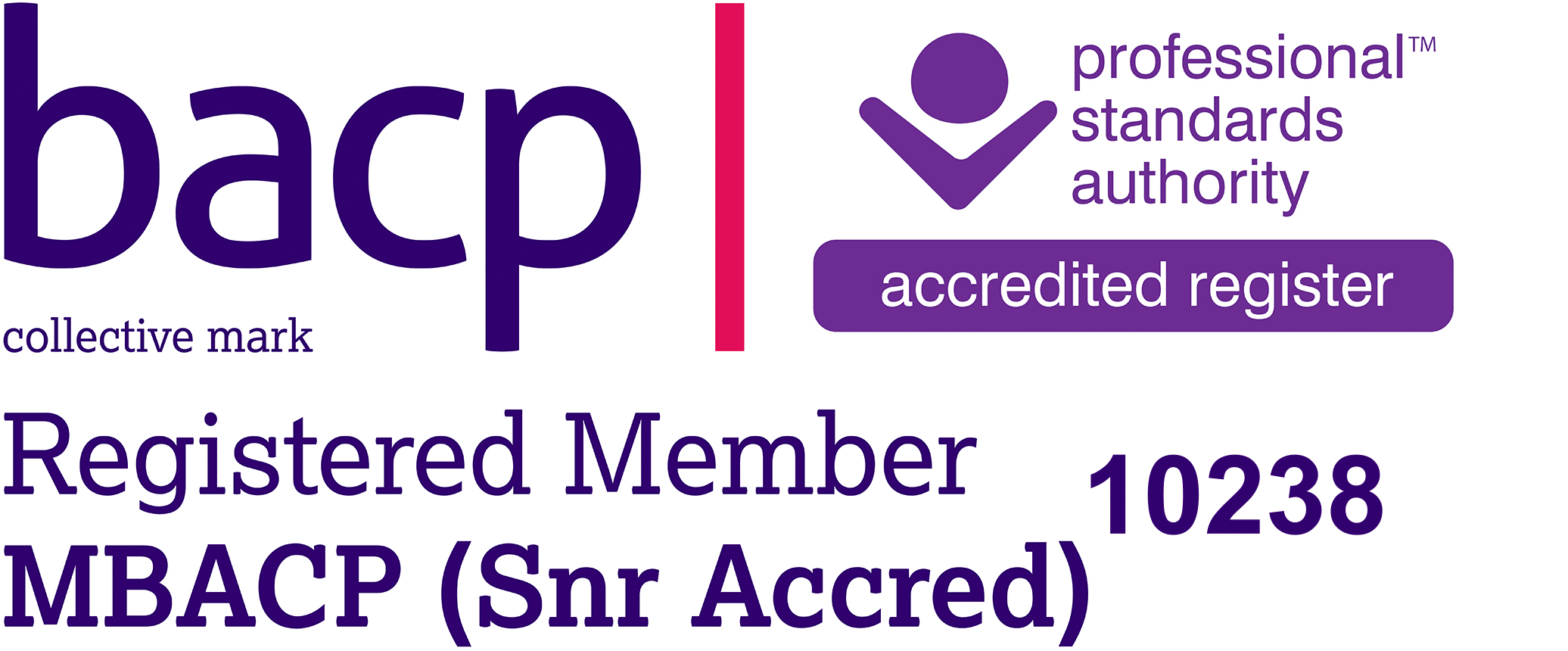Depression
Talking Heals
Depression is thought to have been around for thousands of years and there are many theories suggesting why it occurs. Some see the causes of depression as genetic, a biochemical imbalance in the brain, psychosocial stressors or from cognitive distortions. Others suggest a lack of environmental and social rewards, social inequities, cultural influences, familial influences, dietary issues or a lack of physical exercise. Some suggest a difference between depression being caused by external events which are identifiable and measurable compared with depression coming from internal causes stemming from within.
Although depression can occur for seemingly no reason, there can be a number of causal factors; life events such as being sacked, getting divorced, or physically or sexually assaulted, losses and bereavement, anger, childhood experiences, and also physical conditions and the side effects of medication. It may be that diet, drugs and alcohol may contribute to depression or genes may play a part. Behaviour and learned responses are passed on in families alongside the gene theory, reiterating the nature/nurture debate.
Depression can affect your body, mind, disposition, sleep and energy. It involves feelings of persistent sadness, also hopelessness and helplessness. Affecting not only mood, but also physical symptoms such as tiredness and aches and pains and an inability to think clearly
Increase in occurrence of depression:
Worldwide it has been identified that more than 350 million people have depression.
In the UK, in the 1950s, depression was formally diagnosed in 0.5% of the population, whereas in 2013, 1 in 4 adults were diagnosed with a depressive episode.
Currently there is a change in how people think about sadness and distress. Today a lack of motivation, low mood, lack of energy, un-productivity and persistent unhappiness is viewed today as an illness whereas historically it was not seen as a health concern. There is an assumption that there is a defined illness called depression. Secondly that it has increased and is very common and thirdly that it requires a medical solution.
There is a view however, that rather than a medical treatment, therapy is a learning opportunity for the client who is an active participant in their own self-healing. Aspects occur in therapy that are curative and responsible for psychotherapeutic benefit. Factors such as “insight, corrective experiences, opportunity to express emotions and acquisition of a sense of mastery”. These, along with the therapeutic relationship, the client’s emotional experiencing, exploration of their internal frame of reference, changing personal effectiveness and providing hope contribute greatly to positive outcome.
Contact Me
To Contact Stacey Please Call 07729 240000 or fill in the form below
07729 240000
talkingtherapies@aol.com

